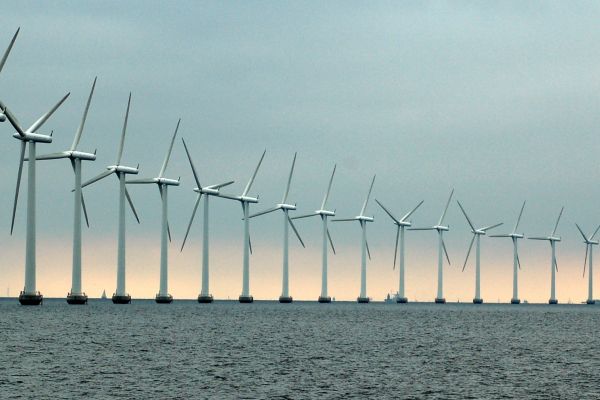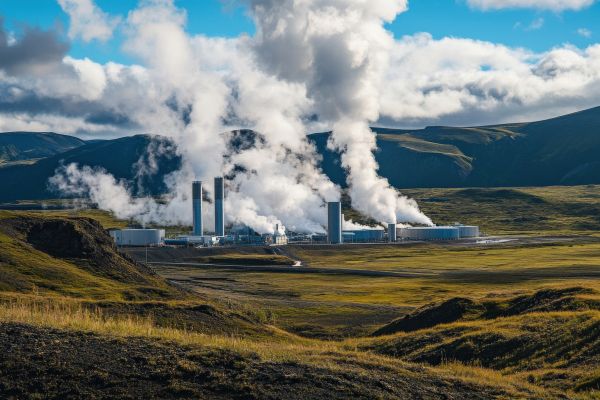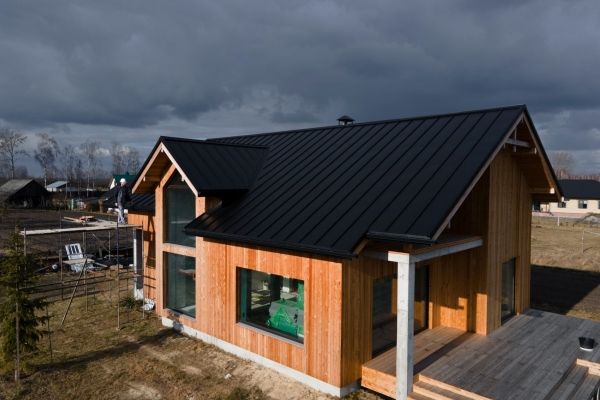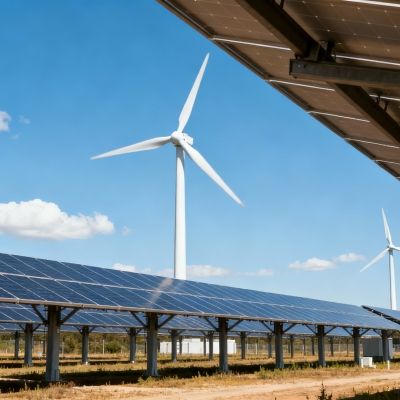Smart climate policy keeps energy affordable
From 2027 onwards, Europe will introduce a second emissions trading system, known as ETS2. This means that a carbon price will make fossil fuels for transport and heating more expensive. In this way, Europe aims to reduce greenhouse gas emissions further in a cost-effective way and to accelerate the shift to sustainable energy sources in a socially just manner. A portion of ETS2 revenues will go toward supporting vulnerable groups during the energy transition.

How exactly does ETS2 work? What will it mean for your energy bill? And how can policy ensure that energy remains affordable? In this position paper, VITO/EnergyVille researcher Bright Adiyia explains it clearly and outlines which policy measures can help to make the energy transition socially fair.
Background
Europe wants to significantly reduce greenhouse gas emissions. To that end, it launched an emissions trading system (ETS) in 2005. Companies that emit large amounts must pay the external cost of those emissions. ETS1 has applied for years to electricity producers, airlines, and energy-intensive industries such as steel, cement, refining, chemicals, and paper.
But transport and heating remain major emitters. As of 2027, ETS2 will address that. The goal is to reduce greenhouse gas emissions, distribute costs fairly, and accelerate the transition to sustainable energy sources.
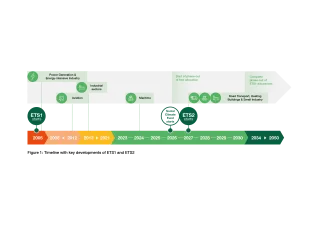
ETS2 places a cost on suppliers of fossil fuels like natural gas, heating oil, petrol, diesel, and propane. These suppliers must purchase emissions allowances on the carbon market—and may pass those costs on to their customers. As a result, households and businesses may see higher prices at the fuel pump or on their energy bills.
To soften the social impact, part of the ETS2 revenues will flow into the Social Climate Fund, which will support vulnerable households and businesses during the energy transition.
What does ETS2 mean for households and businesses?
ETS2 increases the cost of fossil fuels because fuel suppliers are required to buy emissions allowances. The exact price increase will depend on market dynamics and any additional policy measures. Businesses may also pass ETS2-related costs on to their products and services, so the impact may not be limited to energy bills alone.
Without complementary policy, annual costs for an average household with a petrol or diesel car and gas or oil heating could rise by several hundred euros. For households and businesses that have already switched to electricity—using heat pumps or electric vehicles—ETS2 will have no impact on the energy bill.
To facilitate the transition to a climate-neutral economy, in addition to the introduction of ETS2, complementary policies are necessary — such as a tax shift making electricity cheaper and fossil fuels more expensive, as well as additional investments in energy efficiency.
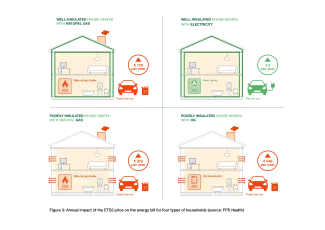
Five key policy recommendations
- Keep energy affordable through smart policy choices
The impact of ETS2 can be reduced through measures that promote energy efficiency and accelerate the shift from fossil to renewable energy sources. Without additional policy, ETS2 prices could rise significantly. The sooner such measures are implemented, the lower the impact on energy bills for citizens and businesses. - A tax shift from electricity to fossil fuels is crucial
To speed up the switch to renewable energy, excise duties on electricity should decrease, while those on fossil fuels should increase. Lower electricity taxes encourage households and businesses to adopt heat pumps and other sustainable solutions more quickly. - Act today to keep tomorrow affordable
If Belgium fails to meet its climate goals, it will have to buy expensive emission allowances. This could cost billions of euros—on top of the investments in energy savings and renewables that must be made anyway to reach climate neutrality by 2050. The earlier those investments happen, the lower the total cost for households and businesses. - Use ETS2 revenues for structural support
The funds from the Social Climate Fund should not only provide temporary support to vulnerable households and businesses affected by rising fossil fuel prices. They should also be used to finance sustainable measures such as home renovations and affordable public transport. This helps reduce dependence on fossil fuels and makes households and businesses structurally less vulnerable. The necessary structural investments for the energy transition go beyond the scope of the Belgian Social Climate Fund, but they bring broad benefits—from job creation and better air quality to improved housing, mobility, and lower healthcare costs. - Communicate clearly and in good time about ETS2
Citizens and businesses must be informed in a timely and transparent way about rising fossil fuel prices. This allows them to anticipate the upcoming carbon charge and make conscious decisions about their energy use and future-proof investments. Clear government communication helps households and businesses act in time and avoid unpleasant surprises.
Conclusion
ETS2 is a necessary instrument within the European climate strategy. With targeted and complementary policy measures, ETS2 can become a lever for an affordable and socially just energy transition.
The faster and more decisively policy is implemented, the lower the costs—and the better the protection for vulnerable households and businesses.




